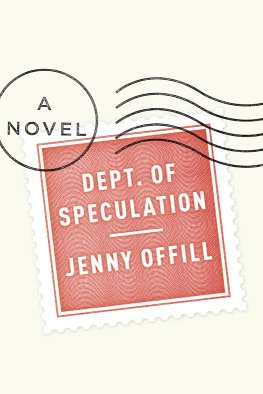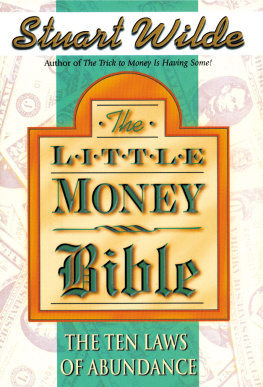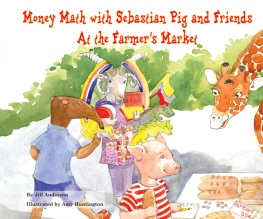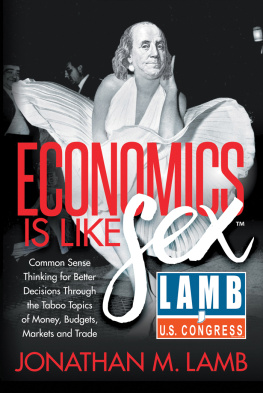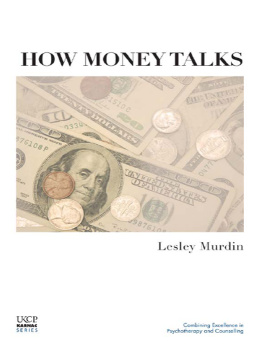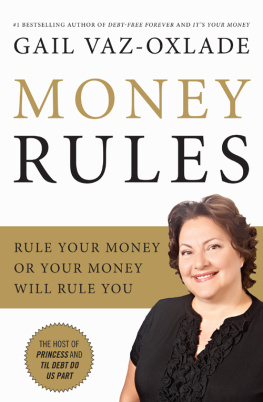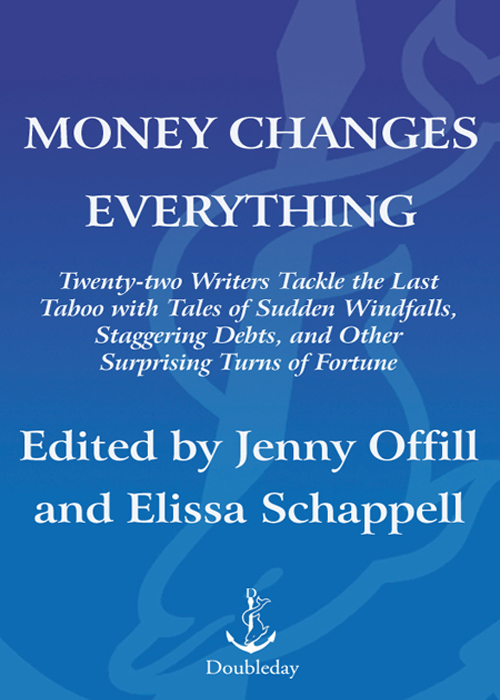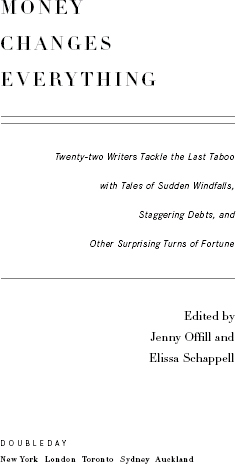Jenny Offill - Money Changes Everything: Twenty-Two Writers Tackle the Last Taboo with Tales of Sudden Windfalls, Staggering Debts, and Other Surprising Turns of Fortune
Here you can read online Jenny Offill - Money Changes Everything: Twenty-Two Writers Tackle the Last Taboo with Tales of Sudden Windfalls, Staggering Debts, and Other Surprising Turns of Fortune full text of the book (entire story) in english for free. Download pdf and epub, get meaning, cover and reviews about this ebook. year: 2007, publisher: Crown, genre: Detective and thriller. Description of the work, (preface) as well as reviews are available. Best literature library LitArk.com created for fans of good reading and offers a wide selection of genres:
Romance novel
Science fiction
Adventure
Detective
Science
History
Home and family
Prose
Art
Politics
Computer
Non-fiction
Religion
Business
Children
Humor
Choose a favorite category and find really read worthwhile books. Enjoy immersion in the world of imagination, feel the emotions of the characters or learn something new for yourself, make an fascinating discovery.

- Book:Money Changes Everything: Twenty-Two Writers Tackle the Last Taboo with Tales of Sudden Windfalls, Staggering Debts, and Other Surprising Turns of Fortune
- Author:
- Publisher:Crown
- Genre:
- Year:2007
- Rating:5 / 5
- Favourites:Add to favourites
- Your mark:
Money Changes Everything: Twenty-Two Writers Tackle the Last Taboo with Tales of Sudden Windfalls, Staggering Debts, and Other Surprising Turns of Fortune: summary, description and annotation
We offer to read an annotation, description, summary or preface (depends on what the author of the book "Money Changes Everything: Twenty-Two Writers Tackle the Last Taboo with Tales of Sudden Windfalls, Staggering Debts, and Other Surprising Turns of Fortune" wrote himself). If you haven't found the necessary information about the book — write in the comments, we will try to find it.
Ours is a culture of confession, yet money remains a distinctly taboo subject for most Americans. In this riveting anthology, a host of celebrated writers explore the complicated role money has played in their lives, whether theyre hiding from creditors or hiding a trust fund. This collection will touch a nerve with anyone whos ever been afraid to reveal their bank balance.
In these wide-ranging personal essays, Daniel Handler, Walter Kirn, Jill McCorkle, Meera Nair, Henry Alford, Susan Choi, and other acclaimed authors write with startling candor about how money has strengthened or undermined their closest relationships. Isabel Rose talks about the trials and tribulations of dating as an heiress. Tony Serra explains what led him to take a forty-year vow of poverty. September 11 widow Marian Fontana illuminates the heartbreak and moral complexities of victim compensation. Jonathan Dee reveals the debt that nearly did him in. And in paired essays, Fred Leebron and his wife Katherine Rhett discuss the way fights over money have shaken their marriage to the core again and again.
We talk openly about our romantic disasters and family dramas, our problems at work and our battles with addiction. But when it comes to what is or is not in our wallets, we remain determinedly mum. Until now, that is. Money Changes Everything is the first anthology of its kindan unflinching and on-the-record collection of essays filled with entertaining and enlightening insights into why we spend, save, and steal.
The pieces in Money Changes Everything range from the comic to the harrowing, yet they all reveal the complex, emotionally charged role money plays in our lives by shattering the wall of silence that has long surrounded this topic.
Jenny Offill: author's other books
Who wrote Money Changes Everything: Twenty-Two Writers Tackle the Last Taboo with Tales of Sudden Windfalls, Staggering Debts, and Other Surprising Turns of Fortune? Find out the surname, the name of the author of the book and a list of all author's works by series.

